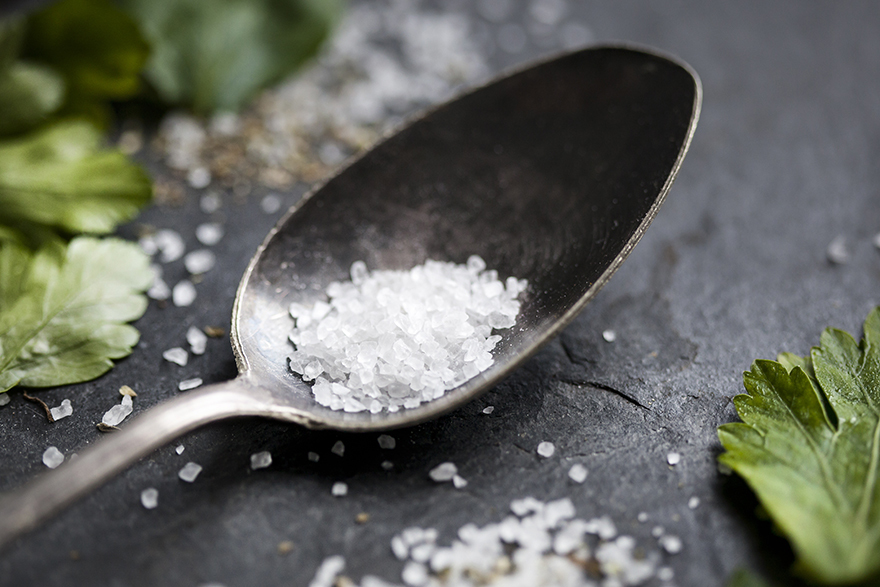News Without A Pinch Of Salt For Barbecue Lovers

We hear a lot about attempts to reduce the amount of sugar in the foods and drinks we consume but lately a sprinkling of stories about the surprising levels of salt in everyday foods – particularly processed foods – has hit the headlines.
With summer here, the Great British barbecue will be at the forefront of many people’s minds as the days get longer and the evenings warmer. Supermarket shelves will be stocked with products to meet this demand including sausages, fizzy drinks and salad dressings. What many people may not be aware of, however, is the amount of secret salt often in these items.
Salt, also known as sodium chloride, is essential in our diet. Sodium is responsible for regulating body water content and electrolyte balance and is necessary to help the absorption of certain nutrients and water from the gut. So it’s important not to cut it out completely.
Ceitanna Cooper, Registered Associate Nutritionist at AXA PPP healthcare, comments,
It’s important not to exceed 6g of salt per day. A healthy amount of salt is anything between 1g and 5g, but this does depend on the rest of your diet. Be aware that foods marked as ‘low salt’ often include more sugar or fats to help them retain flavour, so they aren’t necessarily a healthier option.”
Most pre-packed foods are processed to some degree before we eat them, whether they’re minimally processed (like salad mix, bagged dry beans, roasted nuts or frozen fruits and vegetables) or what some nutrition experts refer to as highly or ultra-processed (like ready meals and snack foods). Up to 75% of the salt we consume is found in processed food and food eaten out of the home.
Blood pressure problem
Blood Pressure UK says the amount of salt you eat has a direct effect on your blood pressure.
Salt makes your body hold on to water. If you eat too much, the extra water stored in your body raises your blood pressure.”
The British Heart Foundation says, “High blood pressure isn’t usually something that you can feel or notice, but if you have it you’re more likely to develop coronary heart disease or have a stroke.”
Barbecue favourites
Popular barbeque foods high in salt include:
-
High-fat meats such as sausages and bacon
-
Cheese (especially pre-grated or sliced)
-
Cold meats such as ham and salami
-
Crisps and savoury snacks such as nuts
How to cut down
Ceitanna Cooper, Registered Associate Nutritionist at AXA PPP healthcare, says, “A simple way to eat less salt is to avoid topping meals with it and to reduce it in the cooking process. Natural salts are already in foods such as vegetables, meat and fish. If you still feel the need for extra flavour, try adding other flavourings such as herbs, spices or balsamic vinegar.
“Cutting back on added salt is only a small part of the solution,” says Ceitanna. “To really reduce the amount of salt that you eat, you need to know how much salt is in everyday foods that you eat, and then to maintain a balanced diet.”
Keep Track
A simple way to keep track of the salt in your diet is to look at the nutritional information on pre-packed foods to find the amount of salt per 100g.
-
High is more than 1.5g salt per 100g (or 0.6g sodium) – the label may display a red traffic light.
-
If the amount of salt per 100g is between 0.3g and 1.5g, that’s a medium level and the packaging may display an amber traffic light.
-
Low is 0.3g salt or less per 100g (or 0.1g sodium) – the label may display a green traffic light.






